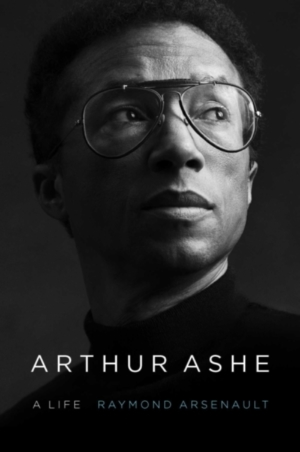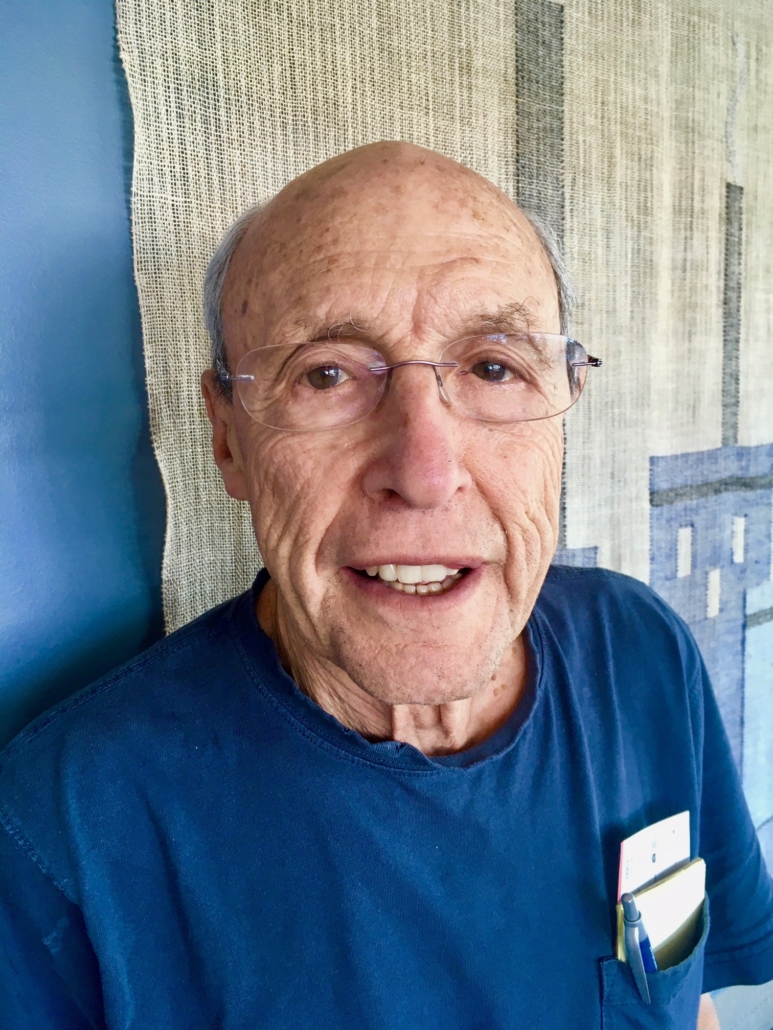Arthur Ashe, A Life by Raymond Arsenault
In 1968 Reverend Jefferson Rogers, whom Arthur Ashe had known from his childhood, asked him to speak on civil rights at his church in Washington DC. That March, Ashe delivered a speech on the Black athlete’s role in civil rights to a packed audience at The Church of the Redeemer. It was his first public speech on civil rights and would spark a lifelong commitment to activism. Months later he would win the US Open.
His sense of civil rights and justice had surely been cultivated in his upbringing but was indeed shaped by his experiences navigating segregation during his childhood and being a trailblazer in an all-White, elite sport. Ashe used his success in tennis and status as a celebrity athlete to bring attention to a number of causes. In 1973 he traveled to South Africa becoming the first Black man to play in the country’s national tournament. He requested, as a condition of his playing, that the traditionally segregated seating at Ellis Park be integrated. In 1985 he would be arrested for protesting apartheid in front of the South African Embassy in Washington DC. In 1992, Ashe would again be arrested in front of the White House for protesting the treatment of Haitian immigrants. And after his public disclosure of his illness, he established The Arthur Ashe Foundation for the Defeat of AIDS to raise awareness about AIDS/HIV.
“Teach the game of life through the game of tennis,” Ashe would say to describe the work of his Safe Passage Foundation. His commitment to engaging young people, particularly young people of color, through tennis is a vibrant, key component of his legacy. When it came to young people, Ashe was committed to the long game. One of his earliest endeavors confronting social issues was cofounding The National Junior Tennis League with Charlie Pasarell and Sheridan Snyder. The program addressed the barriers to tennis due to race, gender, and class. It is now run by the USTA. Ashe would later establish a network of support through education and tennis under his Safe Passage Foundation.
The Oral History Project will further investigate his activism through personal recollections from friends, family and associates. Below is an audio clip of Buzzy Hettleman, who played Ashe in Baltimore in late 50s, reflecting on Ashe’s legacy.
For further reading: Arthur Ashe, A Life by Raymond Arsenault
If you know of anyone who has a personal connection to Arthur Ashe and would like to be interviewed, please email us at: Ashehistoryproject@college.ucla.edu
The full interviews will be available online on the Center For Oral History Research site soon. We will announce when they are available. For more information on The Arthur Ashe Legacy Fund and The Center For Oral History Research, please visit their websites at:
Yolanda Hester
Buzzy Hettleman




